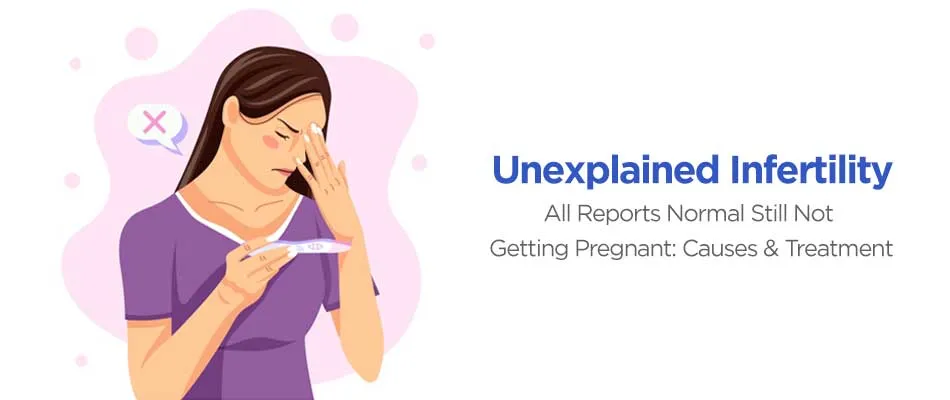The variation in the estimated percentage of unexplained infertility is due to experts disagreeing on what constitutes “standard infertility testing.” Testing can differ depending on the individual’s situation and the testing protocols of their physician.
The American Society for Reproductive Medicine’s standard infertility testing standards require:
- Assessment of ovulation
- The uterus and fallopian tubes are evaluated with a hysterosalpingogram (HSG).
- Analysis of sperm
- Evaluation of the ovarian reserve
- Diagnostic laparoscopy, a minimally invasive surgical method that allows a clinician to observe internal organs and diseases using a tiny camera, may be used in some instances.
- These tests may be performed in addition to a physical exam and a review of your medical and sexual history.
Both partners may be experiencing unexplained fertility problems. Unexplained infertility can be frustrating because the person experiencing it is aware of a problem but is unaware of what is causing it. Unexplained infertility, like certain other causes of infertility, may resolve on its own over time.
Unexplained infertility causes
The causes of unexplained infertility are, by definition, unknown. It is possible that a fertile person or couple will be diagnosed with unexplained infertility if they have not been successful in reproduction after one year.
Similarly, some fertility doctors believe that one of the most common causes of unexplained infertility is that the tests used to diagnose infertility may have missed small flaws due to poor testing procedures.
Treatment for unexplained infertility
In the absence of a definitive cause, treatments for people with unexplained infertility tend to focus on the most likely causes.
The following are common treatments for unexplained infertility:
Intrauterine insemination (IUI) – This method of artificial insemination involves cleaning and concentrating sperm before inserting it into the woman’s uterus around the time of ovulation.
Timed sexual intercourse – The couple or woman experiencing unexplained infertility will be taught how to time sexual intercourse with the woman’s ovulation. They should also engage in sexual activity on a regular basis.
Injectable gonadotropins: Gonadotropins are a class of drugs that treat low sperm counts in males and stimulate egg production in females. With unexplained infertility, gonadotropin therapy is usually combined with IUI treatment, enhancing success rates.
Changes in lifestyle – Women with unexplained infertility should stop smoking, limit their intake of alcohol and caffeine, and maintain a healthy weight, all of which can improve fertility. A man should not become obese. Find out more about holistic approaches to conception.
IVF treatment-The most efficient (and most expensive) treatment for unexplained infertility is IVF, or in vitro fertilisation. ICSI is frequently used in IVF procedures for undiagnosed infertility. IVF is typically not used in situations of unexplained infertility until after other treatments have failed.


